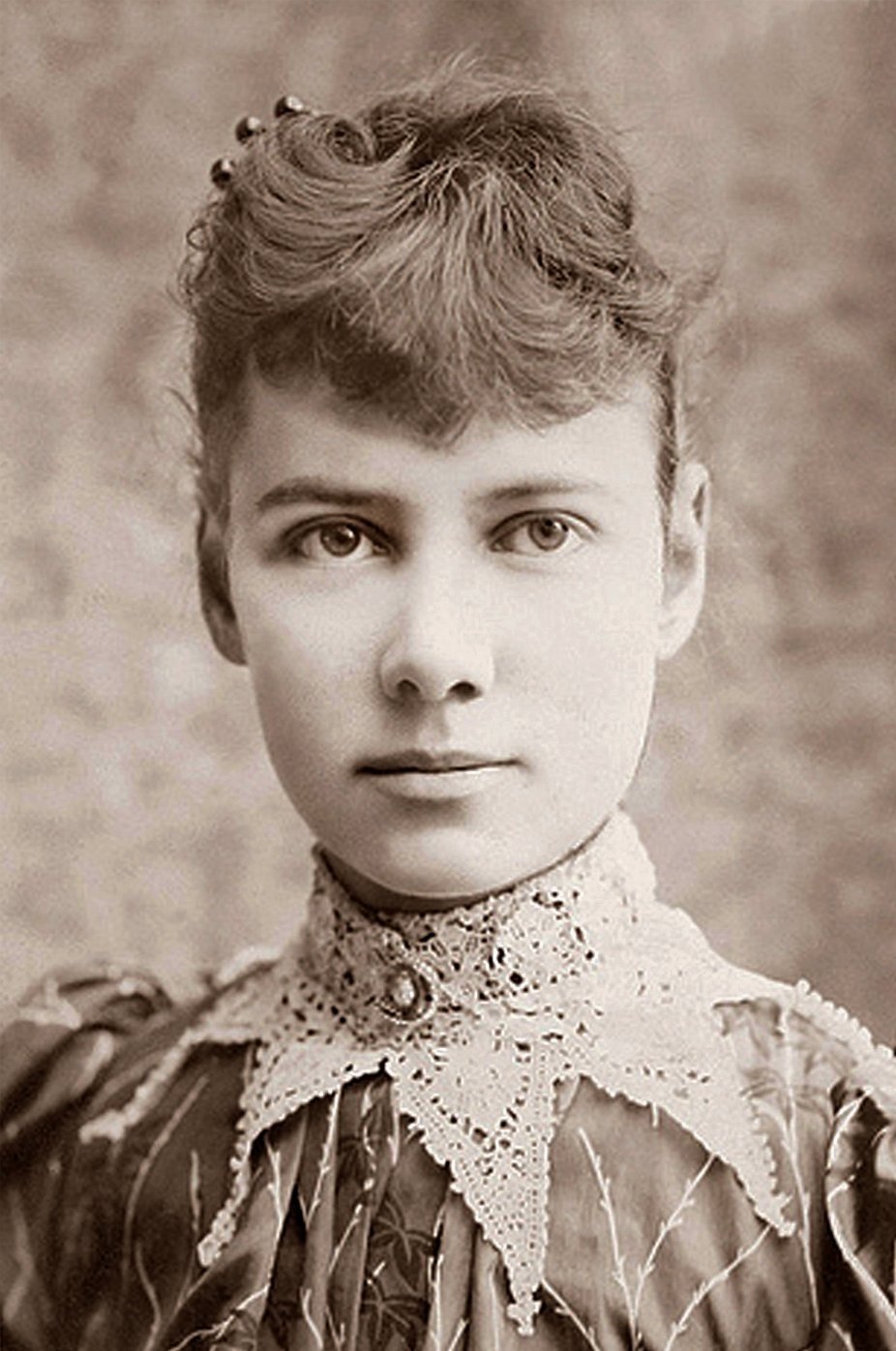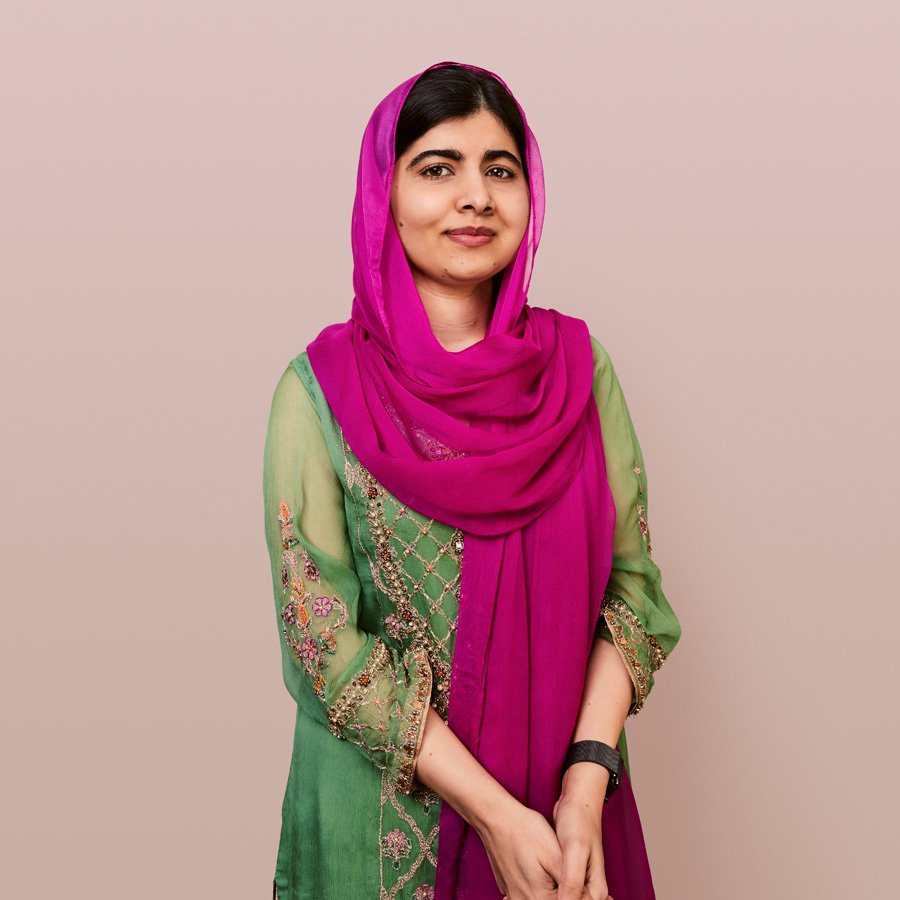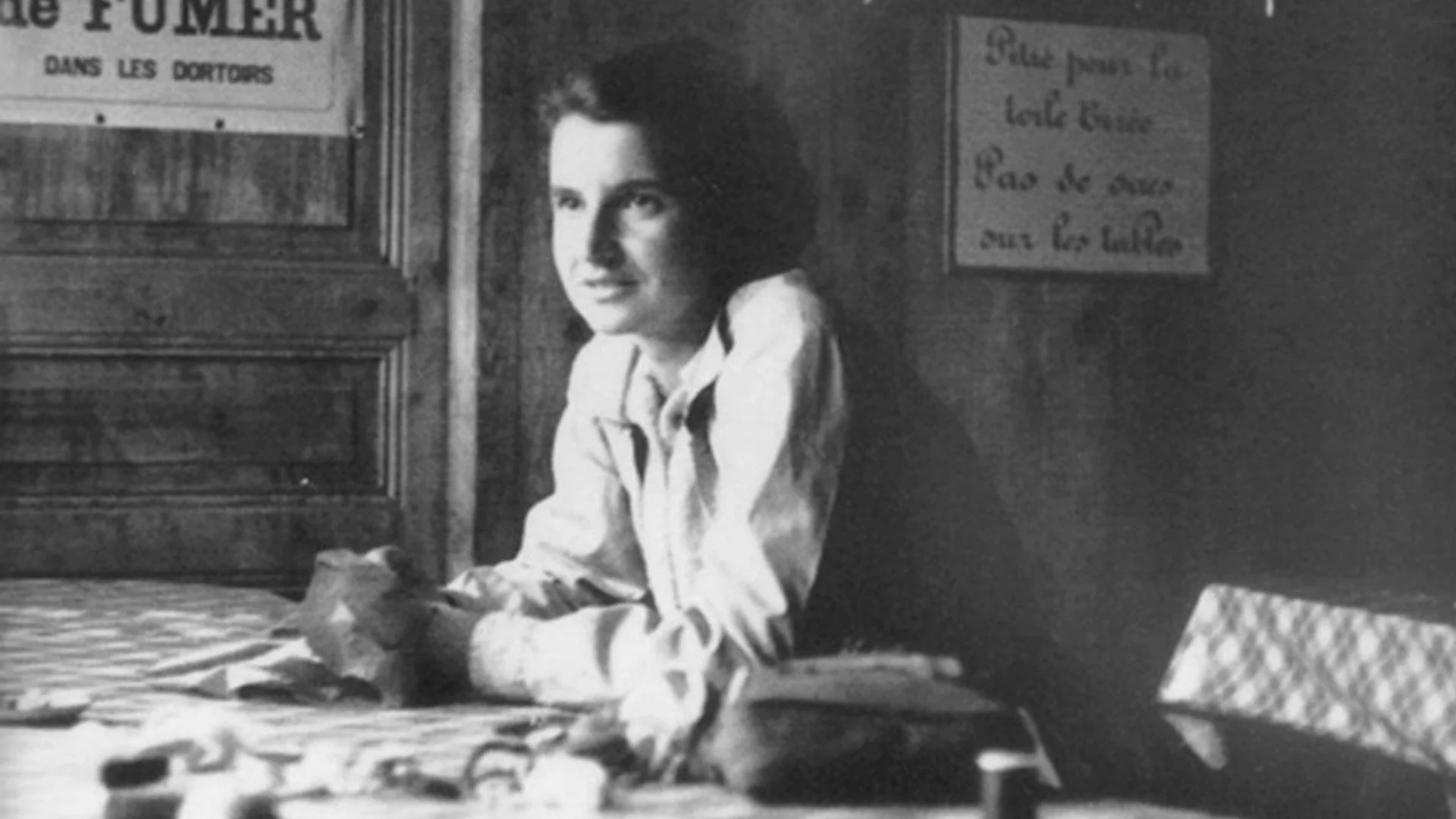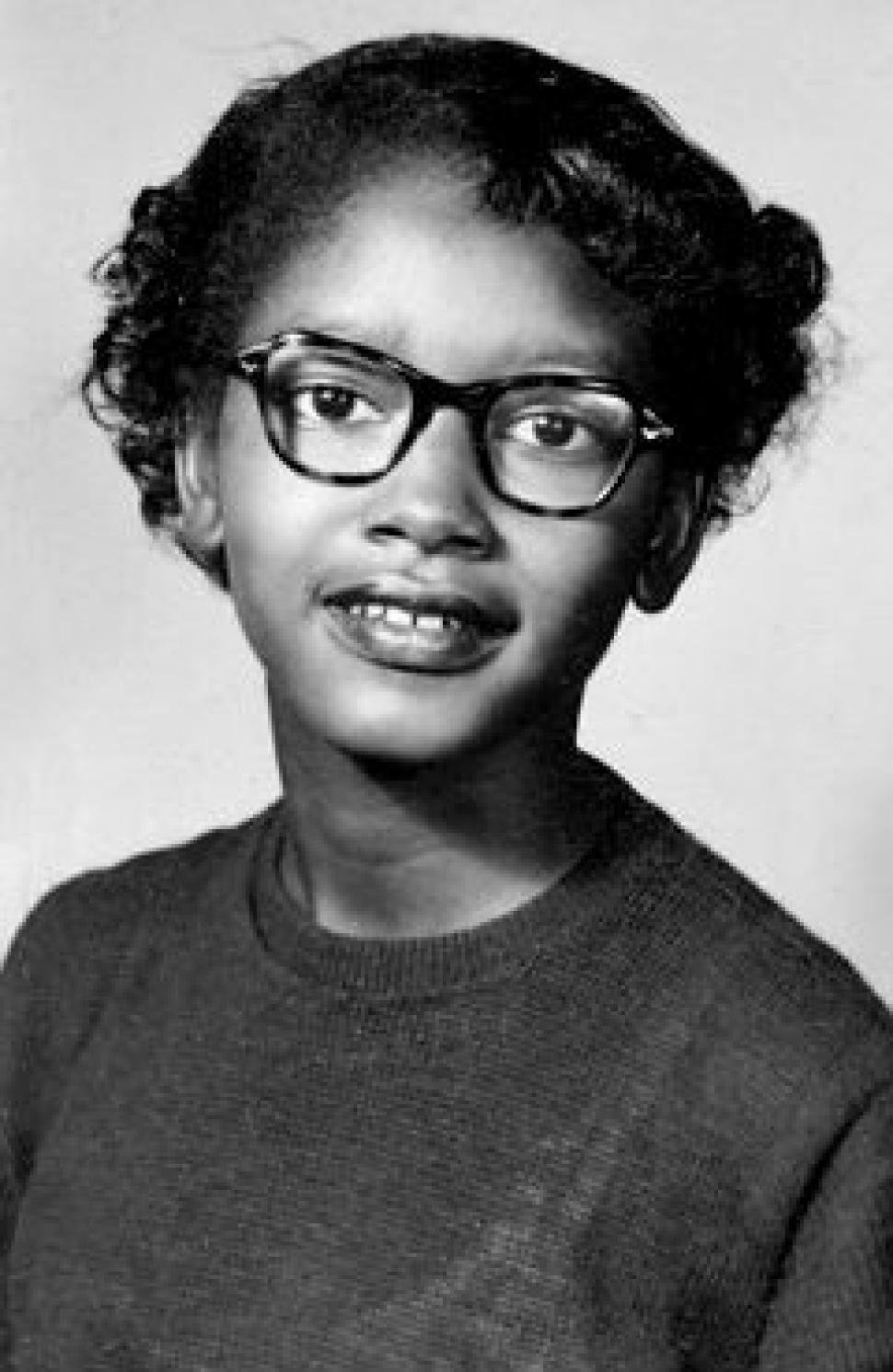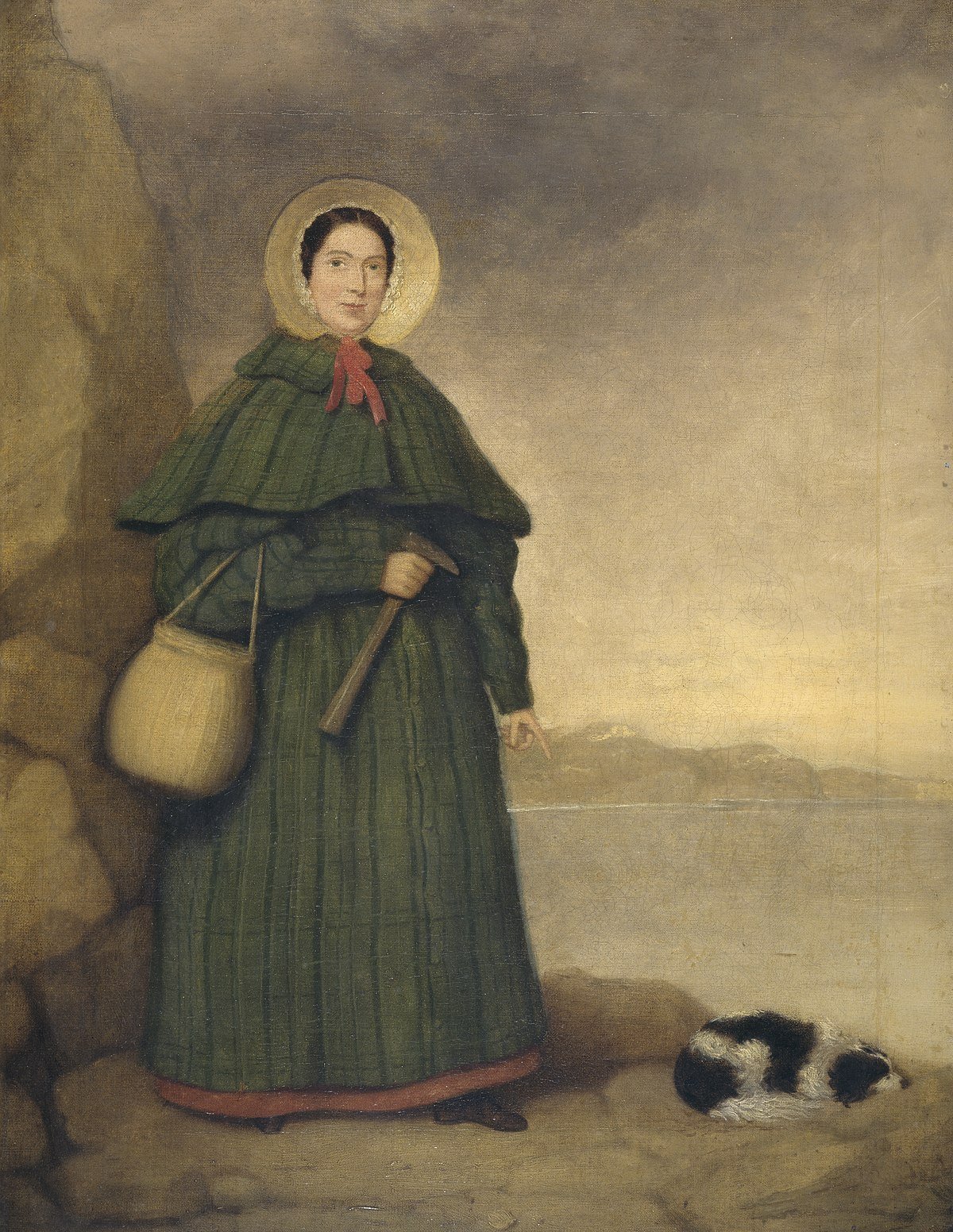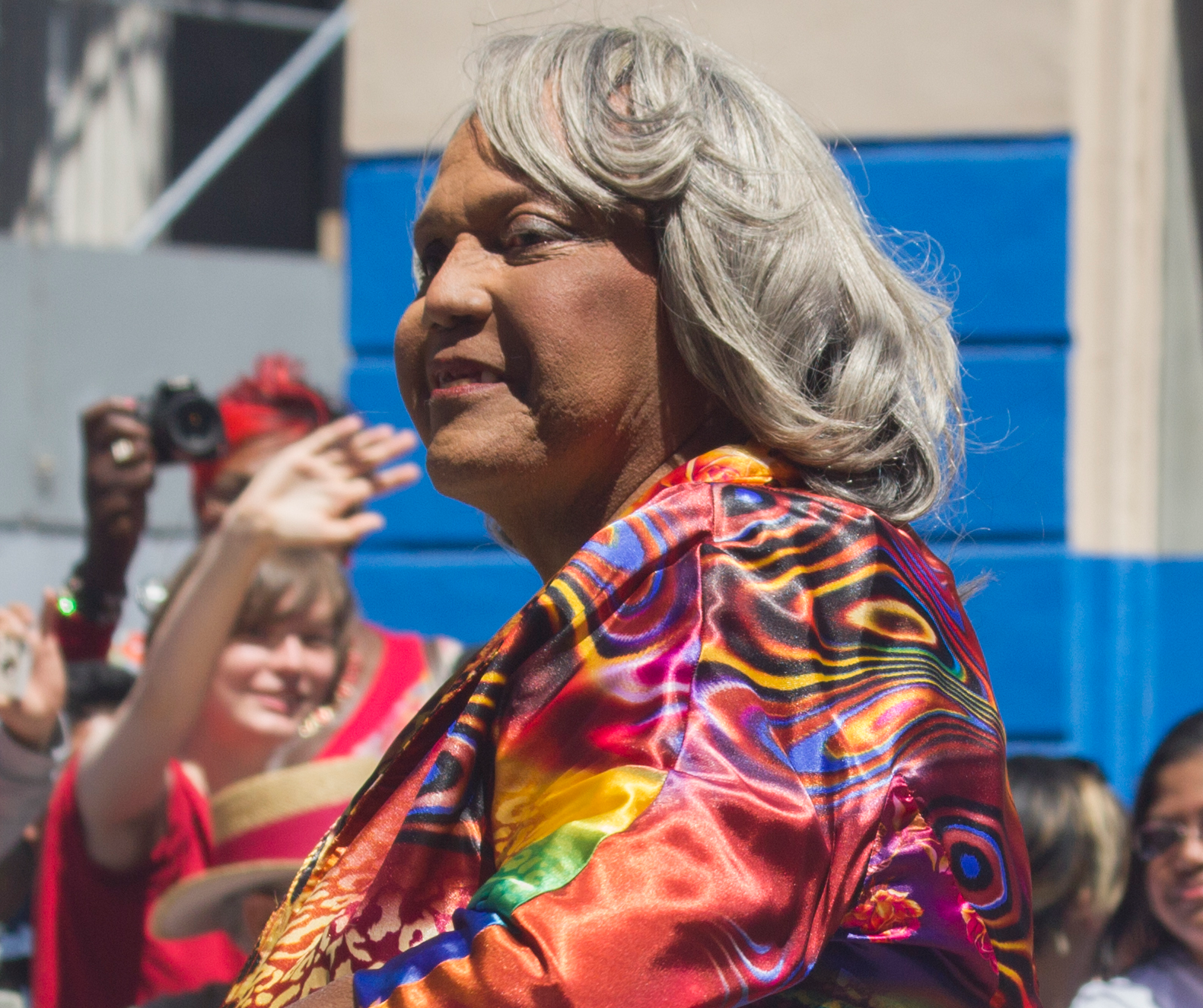Reflecting on the Women of History
By Nina Cunningham, MSc Environmental Policy and Management
The Bristorian closes its Women’s History Month initiative with an overview of some of the women who have shaped today’s world. We look at figures from Malala Yousafzai to Claudette Colvin, and in doing so seek to remember the fabulous achievements of the women of history.
Now that March has drawn to a close, we can look back on the month as a time when we reflected on women’s history and made strides in our journey to further women’s rights. Often, we look to the Suffragettes, who fought for the right to vote, however, although we should recognise their importance, this group was made up of mostly middle-class white women. When we want to fight for the rights of all women, looking towards this historical movement as the face of feminism today has the potential to drown out other marginalised voices under the umbrella of women.
Understanding the oppression of women from an intersectional lens allows people to recognise the various factors contributing to oppression. In short, intersectionality looks at oppression in all forms. Examples can be gender, ethnicity, class, sexuality, gender, disability etc. A white working-class woman will have different challenges to a black middle-class woman, and therefore recognising these impacts can build a more inclusive movement.
Thus, let’s shed light on some incredible women who have pushed against social structures, to benefit everyone and not just the select few.
Nellie Bly a was a journalist, best-known for pioneering a new form of investigative journalism. Among her many achievements include her time spent in an asylum, as an undercover patient, to expose treatment of the residents. Her subsequent article catapulted her into the public eye and lead to asylum reforms. In 1889 she was challenged by her newspaper, the New York World, to navigate the world in 80 days, based on the fictional book by Jules Verne, Around the World in 80 Days. She achieved it 72 days, returning to New York after making much of the journey by herself. Throughout her life she experienced rejection and sexism but fought against this to become one of the most successful and well-known journalists ever.
Malala Yousafzai is a Pakistani education activist, who gained international recognition following an assassination attempt. From a young age Yousafzai petitioned for women’s education which had been severely impacted when the Taliban took control of her town. As a result of her public activism, the Taliban made a failed attempt on her life. Following this event, she used the newfound fame to continue her educational activism on a global level, fighting for women’s educational rights across the world, founding the Malala Fund with the help of her father, also an educational activist. In 2014 she received the Nobel Peace Prize and became the youngest-ever Nobel laureate.
Rosalind Franklin was a scientist whose work resulted in the discovery of DNA, and its distinctive double helix structure. Her findings have incrementally improved understandings of the natural world and have subsequently led to further scientific breakthroughs. Franklin, however, was not recognised for this achievement until after her death in 1958 from cancer, which was likely caused by her work with x-rays that had led to the discovery of DNA. For their work on DNA three men, Crick, Watson, and Wilkins, were awarded the Nobel Prize and Franklin’s vital work was downplayed. However, since then she has gained due recognition, and people now credit her with the discovery of DNA. In a time when female scientists experienced sexism and setbacks, Franklin fought to succeed, leading to her unprecedented discovery.
Many know of Rosa Parks’ bus protest that inspired the 1955 Montgomery Bus Boycott, as part of the wider Civil Rights Movement. However, nine months before this 15-year-old Claudette Colvin was arrested for refusing to give up her seat to a white woman. She was involved in the Browder v. Gayle court case that resulted in a District and Supreme court order to desegregate buses across Montgomery and wider Alabama. Parks, Colvin’s mentor following her involvement with the National Association for the Advancement of Colored People (NAACP) at her school, was secretary of the local chapter of the NAACP and became the face of the Bus Boycotts after her own bus protest. This was in part due to Colvin’s status as a young, pregnant, unmarried women during the court proceedings (covered by The Bristorian earlier this year). Therefore, it is important to recognise her amazing efforts in the fight for Civil Rights, and her amazing contribution to the movement.
Mary Anning was a Georgian palaeologist who made many significant fossil discoveries along the Jurassic Coast. As a working-class woman, she struggled to support herself and was often not given full credit for her discoveries. Despite this she continued to find fossils until her untimely death in 1847. She later received scientific recognition and is now well-known for her discoveries. Like Rosalind Franklin, she worked in a male dominated field and faced sexism her whole life. It is our responsibility to remember these amazing women and the work they have done in their own fields, despite living at a time when women were largely not recognised for their contributions.
Miss Major Griffin-Gracy is a trans rights activist and feminist. She has done incredible work for trans people, founding the Transgender Gender-Variant & Intersex Justice Project alongside her fellow trans activist Alexander Lee. The organisation operates in California and aims to help transgender and non-cisgendered people in the prison system. Transgender people are more at risk in prison because of their gender and are disproportionately incarcerated. Miss Major has worked in AIDS/HIV organisations and was part of the 1969 Stonewall Riots in New York City that contributed to the growing gay liberation movement and the fight for LGBTQIA+ rights. Her role in these movements secures her as an incredible individual to remember, encouraging acceptance of all women and supporting the oppressed.
So, is Women’s History Month still important? The short answer is yes. Women still face huge challenges and disadvantages across the globe. We can see it in femicide rates, the gender pay-gap, and the regression in abortion rights. It is shown through the sexualisation of young girls, female genital mutilation, failings in women’s health and cat calling in the street. It is in domestic violence, a lack of trans and non-binary rights, and the calls of ‘not all men’ from people who often fail to fight for any sort of gendered issues.
Women’s History Month is incredibly important, yet its energy and fervour should not stop as we move into April. We need to remember the powerful women and movements that have shaped history, and their positive contributions: not just in March but during the rest of the year too.
So, keep listening to your sisters and call out those who don’t.
Women’s History Month may be over, but the fight for women is not.

